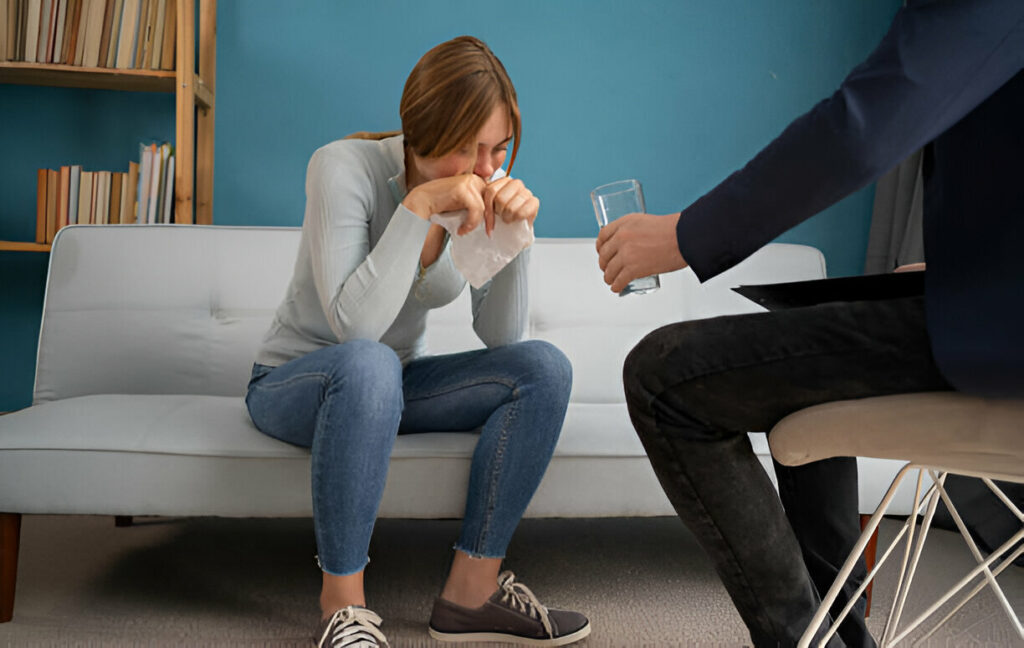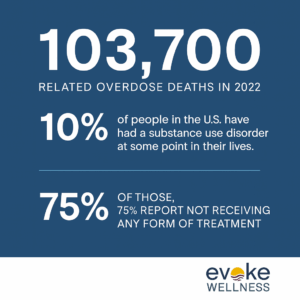Let’s not sugarcoat it—relapsing after 90 days can feel like a punch to the gut. You worked hard. You counted the days. You felt different. And now, you’re back in a place you swore you’d never return to.
Maybe part of you thinks you don’t deserve another shot. Maybe the shame is louder than your own voice. I’ve been there.
But here’s what I wish someone had told me when I relapsed:
You didn’t fail. You’re not starting over. And what you learned in treatment still matters.
Because drug addiction treatment doesn’t just teach you how to stop using. It gives you tools to live. Real, honest, everyday tools that help you rebuild—regardless of what just happened.
1. You Learn How to Tell the Truth (Even When It’s Ugly)
Relapse often comes with lying—to others, to yourself, to the people who love you. Treatment gives you space to strip all that away.
You learn how to say things like:
- “I messed up.”
- “I feel scared.”
- “I don’t know what I’m doing, but I want to try.”
Truth-telling doesn’t always feel good, but it feels clean. And that’s a starting point you can actually build on.
2. You Reconnect With People—For Real This Time
Addiction creates distance. Even in sobriety, emotional closeness can feel unsafe. Treatment helps close that gap.
Group therapy, peer support, and one-on-ones become places where you stop pretending and start relating.
At Evoke Wellness TX, connection isn’t just encouraged—it’s practiced. You don’t have to explain why you’re back. You just have to be willing to come.
3. You Remember What Your Body Feels Like
Addiction numbs. Sometimes it’s physical, sometimes emotional—but either way, you disconnect.
Drug addiction treatment helps you begin listening to your body again. That might look like:
- Noticing when you’re tired (and resting instead of pushing).
- Realizing you’re hungry (and feeding yourself without guilt).
- Moving in a way that feels good (not punishing).
These are small things. But small things stack up into big changes.
4. You Build a Toolkit You Actually Use
This isn’t about mantras on a wall or vague affirmations. Real recovery tools are usable, practical, and personal.
In treatment, you start to identify what works for you:
- Maybe it’s journaling your triggers.
- Maybe it’s learning grounding exercises.
- Maybe it’s calling someone instead of white-knuckling through a craving.
Whatever it is, it’s yours. You start to feel less helpless—and more prepared.
5. You Start Laughing Again—and Mean It
If you’ve been in the fog, you know the difference between forced smiles and real laughter.
There’s usually a moment in treatment—sometimes unexpected—where something cracks you up. A joke. A memory. A staff member who’s seen it all and still shows up with warmth.
That laughter isn’t just relief. It’s proof you’re still in there.
6. You Learn How to Ask for What You Need
Addiction convinces you that asking for help is weakness. But in treatment, you learn to advocate for yourself—not in a dramatic way, but in a deeply honest one.
You ask for space. For clarity. For accommodations when your mind feels overloaded. You say:
- “I need more time.”
- “I’m not ready to talk about that.”
- “Can you explain that again?”
And people don’t punish you for it. They meet you with compassion.
7. You Rebuild Trust—Slowly, But Steadily
Trust is a tricky thing after relapse. You may not trust yourself. Others might not trust you. That hurts.
But treatment gives you a place to start earning it back—not by being perfect, but by being consistent.
You show up on time. You engage. You take responsibility without crumbling under shame. And eventually, someone looks at you with belief again.
That’s not nothing. That’s hope.
8. You Realize You’re More Than Your Past
Relapse can make you feel like a failure. Like you’ve undone everything. But that’s just a story your shame is telling you.
Treatment helps you reframe your past. Not erase it—but put it in context.
You start to see yourself as someone who’s learning, evolving, still worth showing up for. You become more than the worst thing you’ve done.
And that’s when rebuilding begins.
9. You Don’t Have to Be Perfect—Just Honest
This is the heartbeat of all real recovery: honesty over perfection.
Treatment doesn’t demand flawless progress. It invites presence. It says:
- You can struggle and still show up.
- You can relapse and still return.
- You can be scared and still belong.
At Evoke Wellness TX in San Marcos, Texas, we know healing isn’t linear. And we’ll never expect you to fake being okay.
Frequently Asked Questions (FAQs) About Drug Addiction Treatment After Relapse
Do I have to start treatment from scratch after relapsing?
Not necessarily. A good program will assess your needs and build on what you’ve already learned. You’re not starting over—you’re continuing the work with more clarity and support.
Will I be judged for coming back?
Not here. At Evoke Wellness TX, we expect recovery to have twists and turns. Many of our staff and alumni have relapsed before. You’ll be met with respect, not shame.
How do I know if I really need treatment again?
If you’re asking the question, it’s worth exploring. Treatment isn’t just about stopping use—it’s about rebuilding emotional and mental health. If you feel lost, flat, or scared, it’s okay to seek help again.
Can I still go to treatment if I’ve been doing okay “on paper”?
Yes. Functioning doesn’t mean thriving. You deserve support even if your life looks stable from the outside. Emotional and internal relapse is real—and valid.
Is drug addiction treatment in San Marcos covered by insurance?
In many cases, yes. Our admissions team can help you understand your benefits, costs, and financial options. We’ll walk with you through the logistics.
Still here? That’s more than enough.
If you’re ready to come back—or come for the first time—call (888) 450-2285 or visit Evoke Wellness TX to learn more about our drug addiction treatment services in San Marcos, Texas. We see your courage. And we’re ready when you are.



